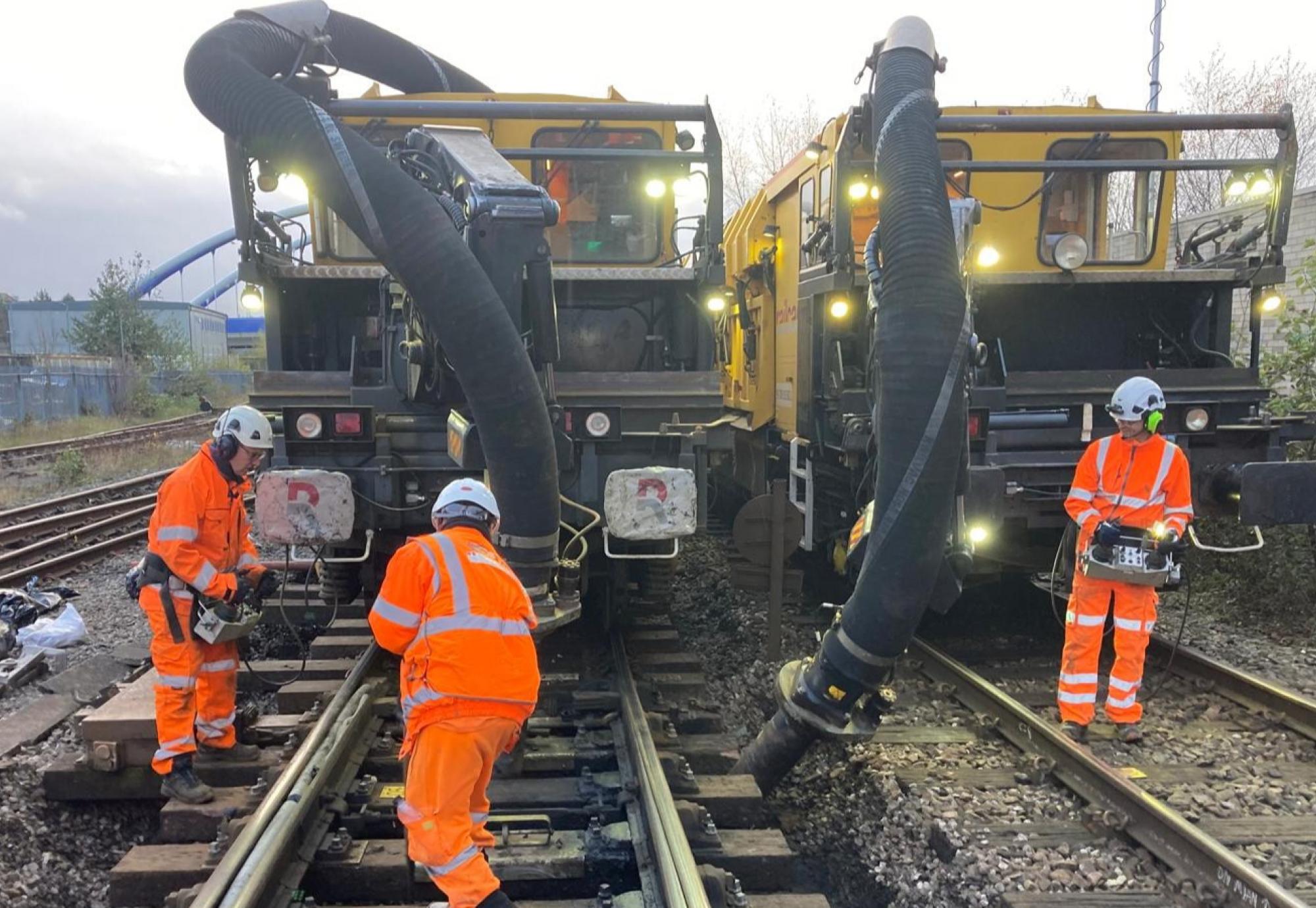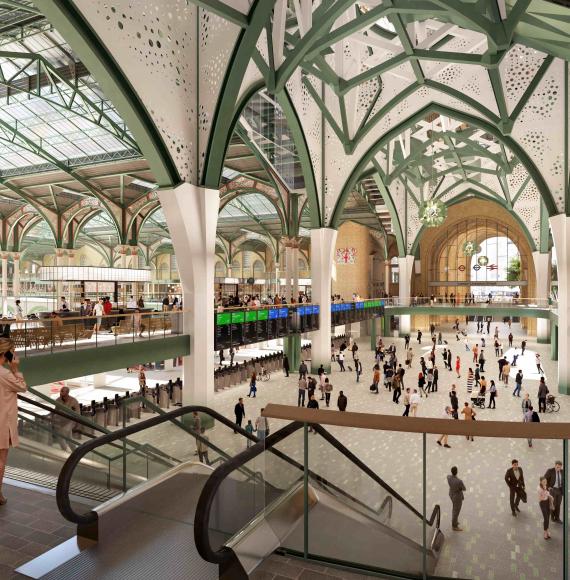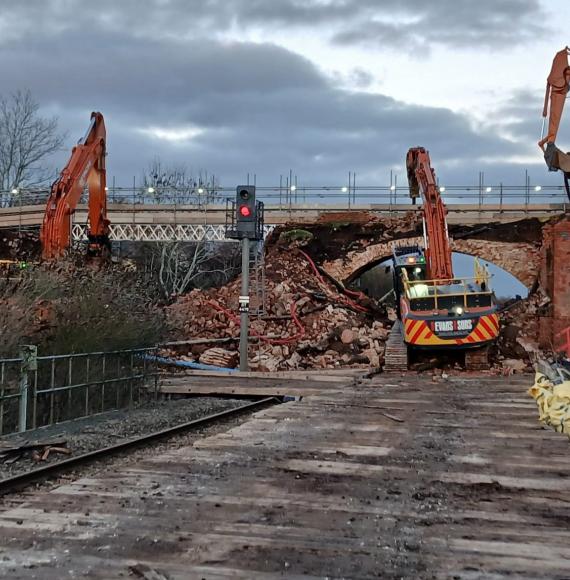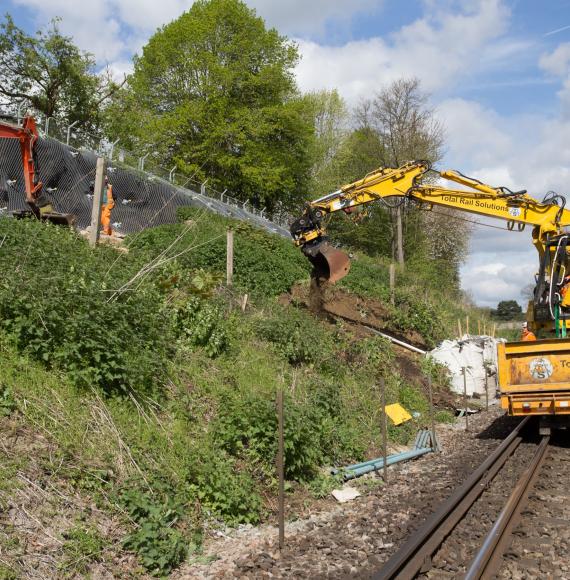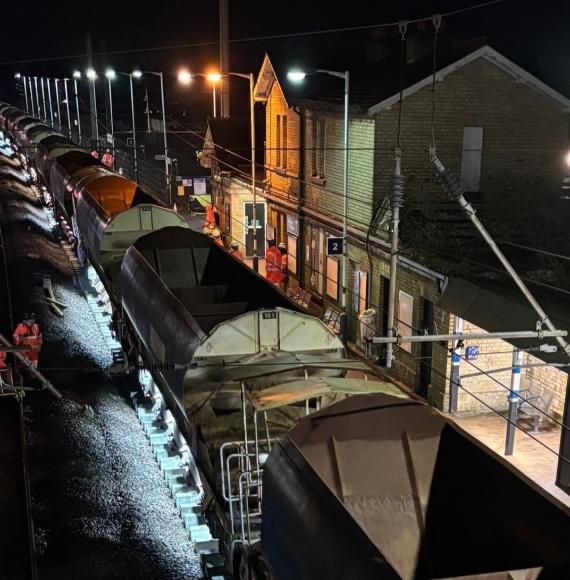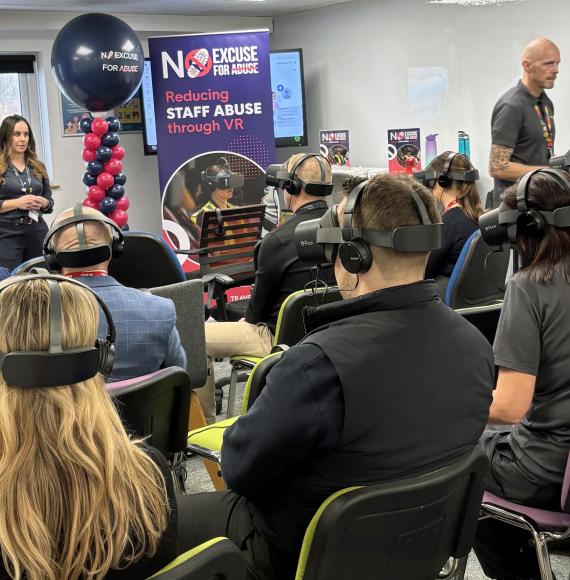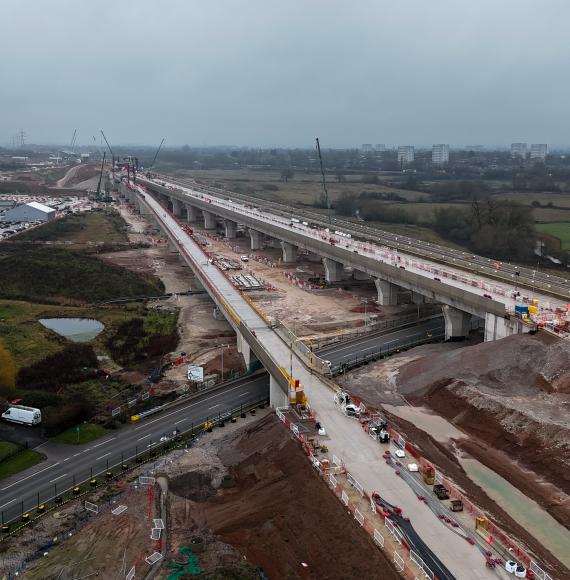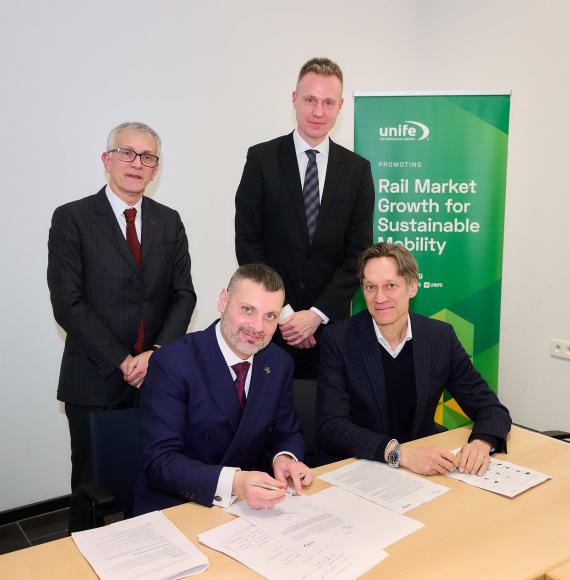In a move to make way for vital track upgrades, Network Rail is drafting in a set of industrial-sized excavators to remove more than 3,000 tonnes of ballast from the West Coast main line in Stoke-on-Trent.
Starting this weekend (10 August), engineers will complete upgrades worth around £2.5m across the next four weekends. The Network Rail team will take advantage of so-called Railvac technology, which allows them to replace the ballast without removing the tracks.
The machine essentially operates like an industrial vacuum to suck up the old stone—this is replaced afterwards using rail-mounted vehicles. Avoiding cutting through rails and removing sleepers in this way ultimately means shorter closures and therefore less disruption to passengers.
“This vital investment on the West Coast main line will help improve train performance and give our passengers smoother and more reliable journeys,” said Gary Walsh, who is Network Rail's route director for west coast south. In total, the work will include replacing 3,720 tonnes of ballast and upgrading 32 bearers.
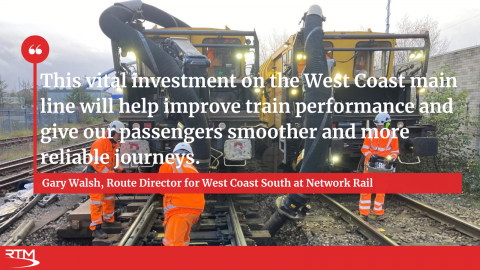
To learn more about the latest innovations and opportunities coming out of the rail sector, book your tickets to TransCityRail NORTH for 7 November 2024. Industry partners so far include:
- Aaron Rail
- BAM Nuttall
- Amey
- Systra
- ARUP
- AtkinsRealis
- Mott MacDonald
- West Coast Partnership Development
TransCityRail SOUTH was a huge success with representatives from Network Rail, HS2, Arcadis, COOMBES, AssessTech, and more all attending. At the event, managing director at GBRX, Toufic Machnouk, explained how the rail industry can take a more holistic approach to modernisation.
Toufic said: “Innovation is hard by nature because it works against the inertia of the world as it is, and it is made harder by complex systems. In our industry, we have the challenge of not having aligned incentives to tackle problems.”
Toufic said that these incentives for change often transcend the boundaries of track and train, and require holistic solutions. Read more.
Image credit: Network Rail

